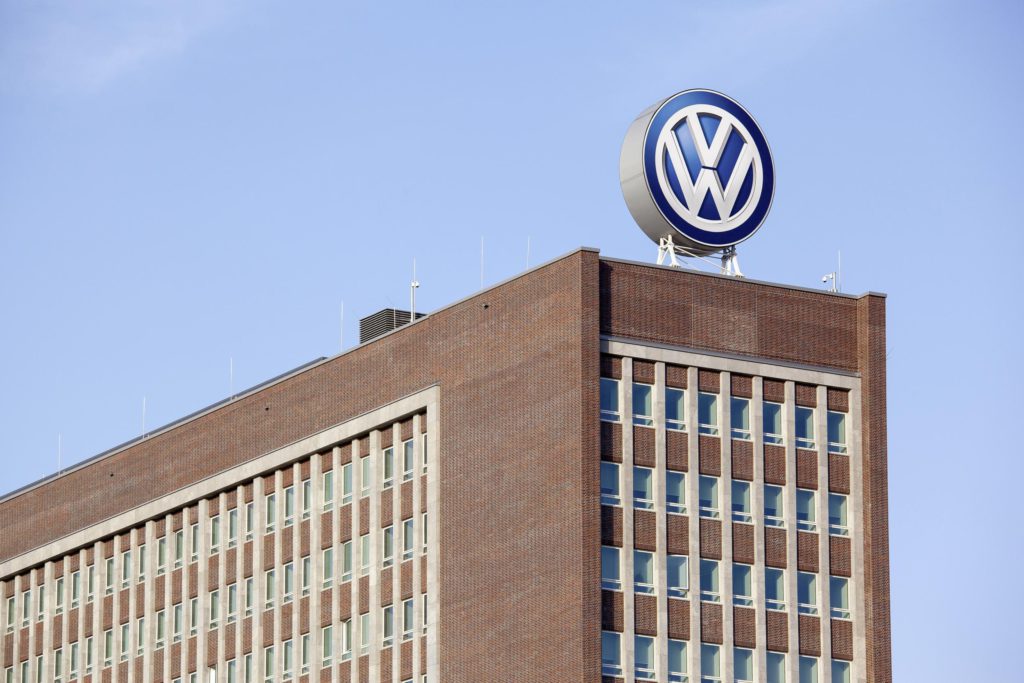Dieselgate rumbles on as VW fails to adjust vehicle emissions
08 June 2017

08 June 2017
According to reports from Germany, the Volkswagen (VW) fix to correct emissions figures following the Dieselgate saga is not working, adding another chapter to an already long tale of twists and turns established when the company first admitted wrongdoing in September 2015.
Television channel ZDF and magazine Der Spiegel have reported that despite the software fix being applied, affected vehicles still exceed permitted limit values for nitrous oxide (NOx). ZDF also claimed that VW did not intend for cars to be cleaner with the update, just to remove the software that allowed vehicles to cheat the emissions tests.
According to internal papers, VW Group set high targets for NOx values after the update, which are 300-500% above limits for normal road traffic. These values were agreed with the German Federal Motor Vehicle Authority (KBA) which approved the fix and allowed the manufacturer to roll it out as a recall. In total, around 8.5 million vehicles were affected in Europe, with more in the US, where the company has agreed to pay $25 billion (€22.7 billion) in compensation. The news puts pressure on the German Minister of Transport Alexander Dobrindt for allowing such high figures to pass.
This is the latest in a long line of stories concerning the VW Group and the emissions scandal in 2017. During the first months of 2017, news has continued to flood in about the perpetrator of the headlines, VW. The company has refused to publish a report into the scandal, while it has managed to agree a settlement with US Judges over its 3.0-litre engines, meaning all those affected by the cheat software in the US are now covered. Yet the manufacturer is not off the hook, with claims that the fix required to rid vehicles of the software is causing more breakdowns.
In April 2017, a document submitted to the UK’s Transport Select Committee by the Volkswagen Diesel Customer Forum has highlighted the issues that consumers are finding after having their vehicles ′fixed’ at dealerships. Problems reported include reduced MPG; reduced performance; excessive regeneration of the diesel particulate filter (DPF); exhaust gas recirculation valve failure; turbo failure and excessive exhaust fumes amongst others.
VW is also facing a group action lawsuit in Italy from a consumer body which has been busy gathering evidence from drivers in the country. The carmaker denies that it has cheated tests in the EU, and therefore argues that it does not need to pay out any compensation, unlike the agreement made in the US.
Audi, a VW Group company, has not escaped scrutiny either. The company’s offices were raided in March 2017, while at its annual general meeting (AGM), CEO Rupert Stadler told shareholders that the company required ′effort’ to get over the scandal. Things did not get any better however, when the German Transport Ministry announced they were forcing the vehicle manufacturer to recall thousands of models due to the emissions scandal. In total, the recall will cover around 24,000 vehicles, 14,000 of which are in Germany. The ministry believes these Euro-5 engine cars emit around twice the legal limit of nitrogen oxides (NOx) when the steering wheel is turned more than 15 degrees. Audi has until 12 June to provide a comprehensive plan to refit the recalled vehicles.
Speaking at the AGM, Stadler said: ′As a consequence of this diesel crisis, we are carrying out far-reaching reviews at Audi. Above all, this involves improving processes, reallocating responsibilities and adjusting our organization. We are establishing a new and expanded compliance structure with new reporting and control systems. The process of clearing up is not yet completed. We will continue until the job is done – with the tenacity that our company is well known for. We at Audi are acting with absolute determination to make sure that nothing like the diesel crisis ever happens again.’
While all this is going on, VW CEO Matthias Muller is being drawn into a Stuttgart prosecutor’s investigation of possible market manipulation alongside former CEO Martin Winterkorn and Hans-Dieter Poetsch, current chairman and former finance chief.
The investigation was launched following a July 2016 complaint by BaFin, Germany’s Financial Supervisory Authority, which linked several Porsche SE executives to possible market manipulation by delaying disclosure of the scandal in 2015. Porsche AG controls 52% of VW’s voting shares.
Photograph courtesy of Volkswagen Group